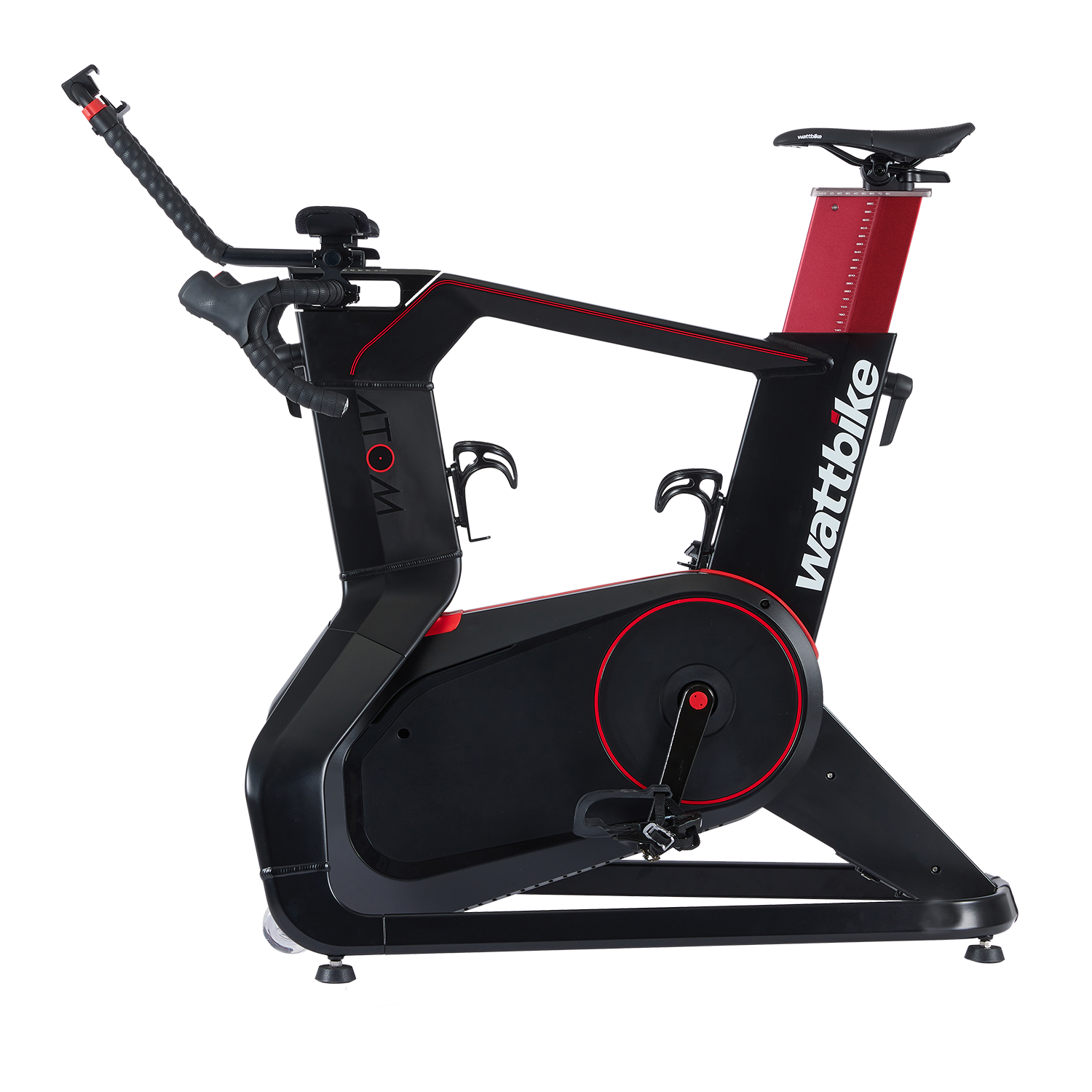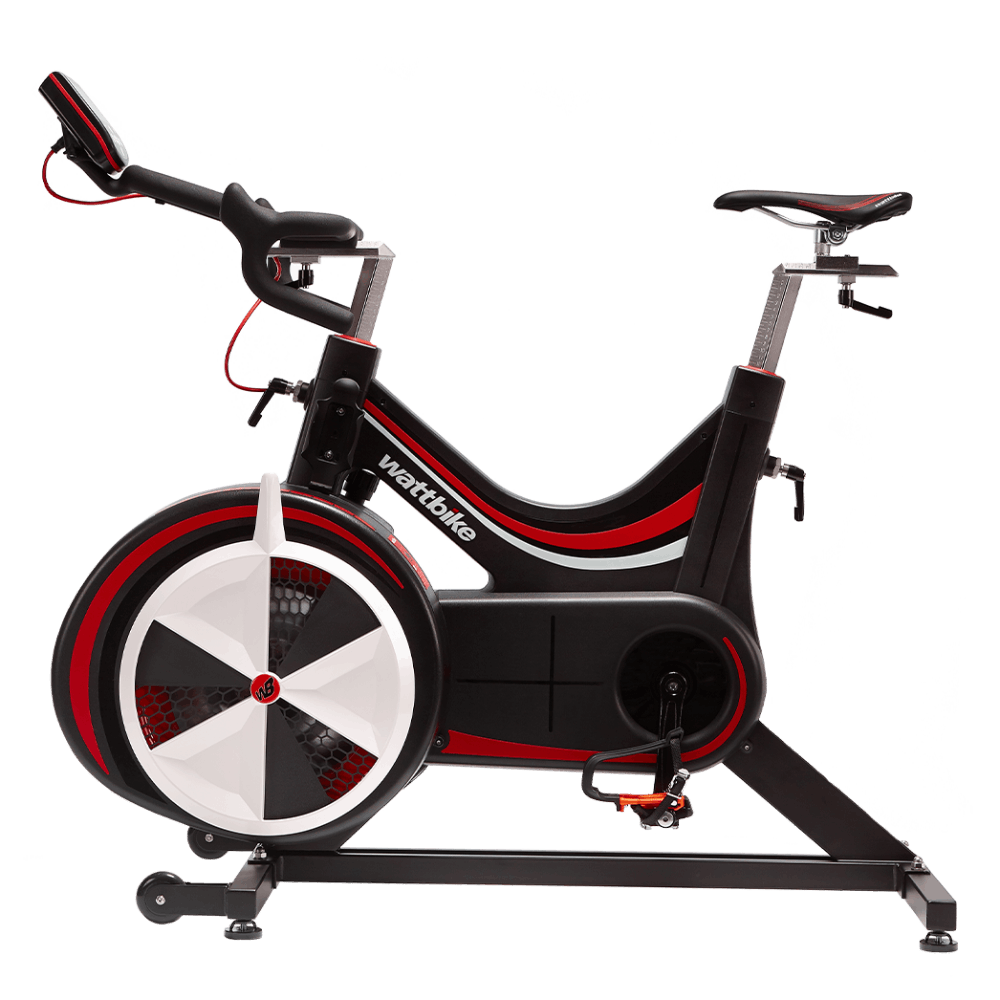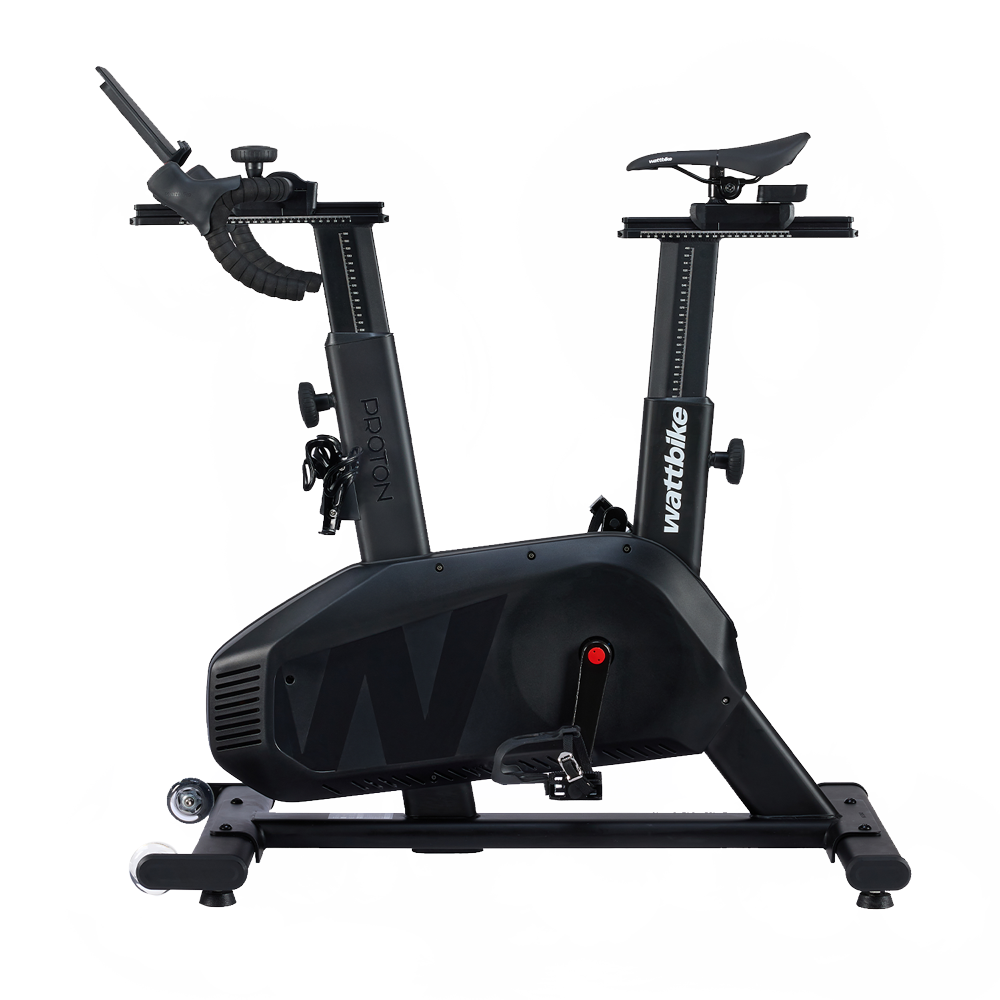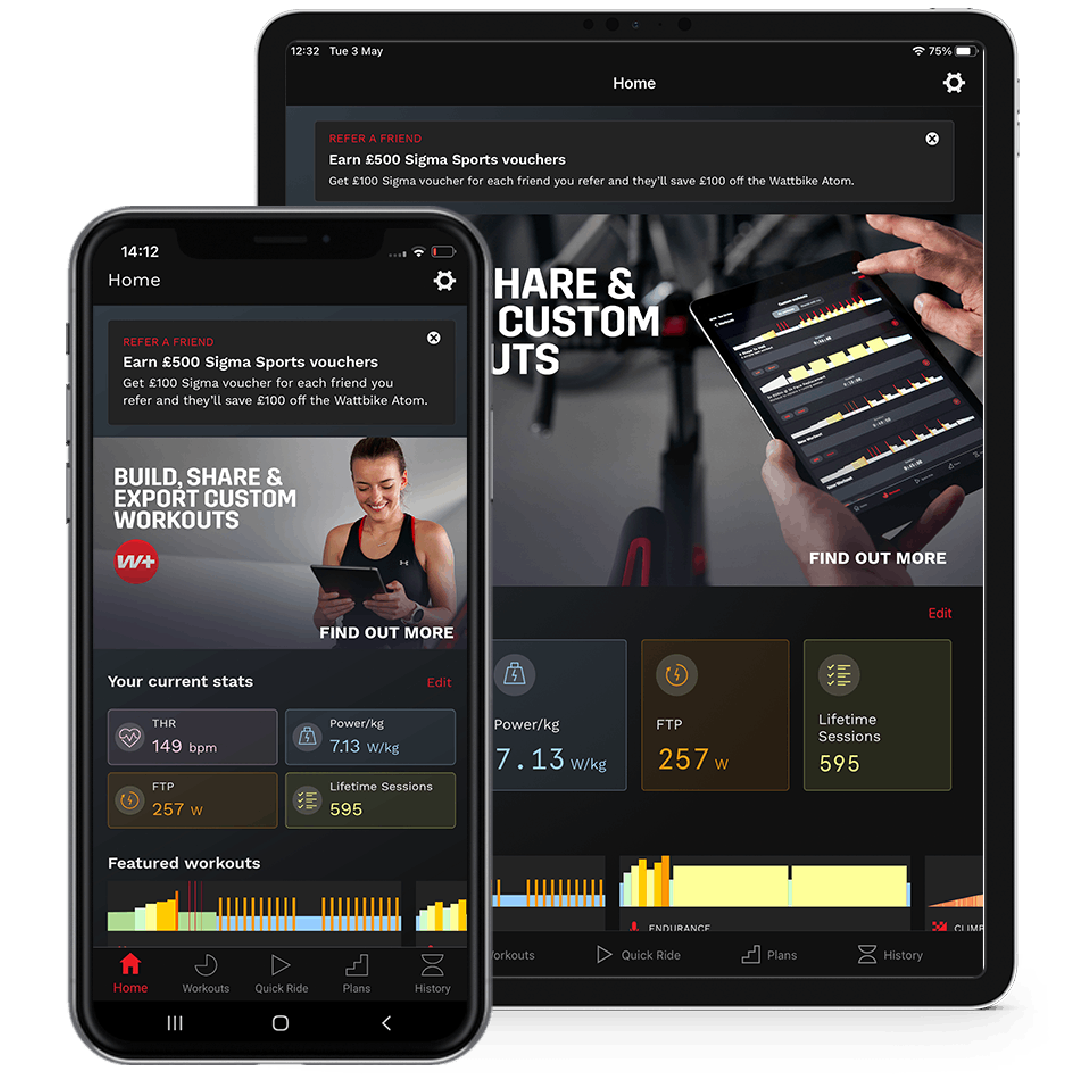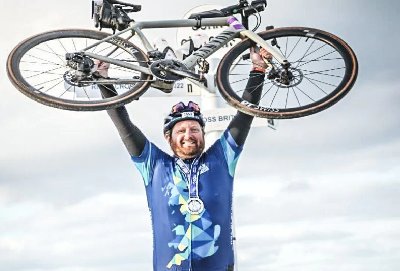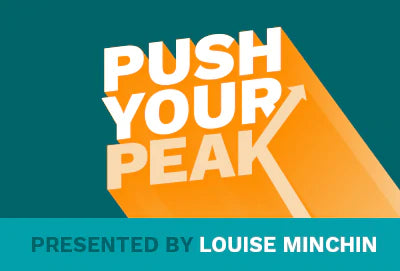Your Cart is Empty
shop
training & apps
support & services
news & information
Cycling On A Vegan Diet
February 21, 2018 4 min read
One of the benefits of regular cycling and an active lifestyle leaves you with an appetite that can allow you to eat at will. However, in recent years more and more athletes are choosing a vegan lifestyle. Having a vegan diet means selecting from a food chain with no animals on it. This includes dairy products such as milk and cheese with only substitutes consumed such as almond milk.
It’s one of the fastest growing lifestyle movements on the planet and is championed by celebrities, athletes and plant-loving chefs but can cyclists really benefit from a vegan diet? We take you through the vegan cyclist diet and if it can boost your cycling performance.

Why Veganism?
Last year was undoubtedly the year of the vegan, with more and more of us questioning whether we needed to eat meat and animal products for a meal. According to the Vegan Society, in the UK around 1% of the population now calls themselves ‘vegan’ and the figure is rising rapidly - driven by an increasing awareness of the alleged health benefits of a plant-based diet, and a better understanding of the environmental and animal welfare issues that can accompany processed food and a plate of steak and chips. But can cyclists lead a plant life without sacrificing performance?
“The optimal diet for a cyclist is one that doesn’t leave any stone unturned. The key is to consume enough calories to maintain your training load,” says Annie Simpson, performance nutritionist at OTE Sports. She adds, “A cyclist’s diet is usually high in carbohydrates and is supported by protein consumed little and often. A diet rich in vitamins and minerals is vital for immune support and being conscious of hydration is also key”.
Eating Enough to Train
There are enough high-profile athletes following a vegetarian or vegan diet - former world road race champion and Wattbike ambassador Lizzie Deignan, Irish national champion Matt Brammeier and ultra-endurance athlete Rich Roll - to know that it is possible to ride on alternative, meat-free food. But you need more than avo’ on toast (Instagrammed, of course) to get all the nutrients you need to build and maintain an athletic body.
Because vegetarian and vegan diets rely so heavily on plants, nuts and seeds they tend to be very high in fibre. And whilst fibre is a good thing – it can help prevent heart disease and improve digestive health – the downside is that whilst eating a tonne of veggies might fill you up, it doesn’t give you many calories.
For cyclists doing long rides or heavy training sessions eating enough is key to ensure you’re not under-fuelled. Including calorie-dense foods like pasta, rice, sweet and white potatoes is a must, especially if you are doing long rides.
A poorly planned vegan diet can also be lacking, or low, in many critical nutrients, particularly iron, zinc, calcium, vitamin D, vitamin B12, and omega-3 fatty acids (readily available in animal products). It’s vital that you keep a food and exercise diary to ensure you are not under-eating and have enough fuel to perform.
Plant-Based Protein
After training or riding hard your body needs to recover and your muscles need to repair. To do this it needs protein and its building blocks, amino acids. Our bodies can only produce Non-Essential Amino Acids (NEAAs). The other amino acids, known as Essential Amino Acids (EAAs), have to come from your diet or supplements, and for vegans a protein source can be hard to find. In addition, a subset of EAAs called branched-chain amino acids (especially one called Leucine), are vital for the formation and repair of muscle but these are even harder to get if you omit animal products from your diet.
Grains, nuts and seeds are a good source of EAAs but they don’t all contain branched-chain amino acids. However lentils, chickpeas, peanuts, soy-based products like tofu, and soya alternatives to milk and yoghurt do. (Be aware though, that soy poses its own ethical and environmental dilemmas.)
“Protein consumption that is the hardest part [of a vegan diet],” explains Simpson. “The quantity of plant-based foods that you have to consume to meet the necessary protein requirements for an athlete can be quite over facing, but more and more vegan friendly protein powders - such as the OTE Soya Recovery Drink - are becoming readily available to help with this”.
Boosting Your Cycling Performance
But are there actual performance benefits to be had from ditching meat, eggs and dairy? In truth it’s hard to know. Anecdotal evidence from green, lean machines like tennis stars the Williams sisters, and ultramarathoner Scott Jurek is conclusive. But in truth what scientific data there is, is lacking and far from concrete.
Simpson says, “Plant based proteins can be kinder on the stomach and are a great option for people that have GI discomfort with dairy, or are lactose intolerant and the high fibre content of the diet can help with digestion, cardiovascular health & cholesterol”. Others point to the manufacturing process which can be less intensive, although this is certainly not always the case - one leading supermarket sells a ‘cheddar-style coconut based alternative to cheese’ which has 28 ingredients!
Achieve Success Even With a Vegan Diet
In conclusion, vegan cycling is no barrier to success but like all diets it’s about balance and making the right choices - fuel your riding with chips - even sweet potato chips cooked with lashings of olive oil - and you’ll never make the podium.
Annie Simpson is a performance nutritionist at OTE Sports. For more information on OTE Sports and their range of sports nutrition and healthy snacks visitOTE Sports.
Also in Health Hub

Healthspan: What You Need to Know to Live a Healthier, Longer, Life
October 08, 2025 5 min read
What if the key to living not just longer, but better, lies in your fitness - not your genes?
In this deep dive into healthspan, we explore how improving your cardiorespiratory fitness (CRF) through smart, low-impact training can enhance your quality of life. Learn how combining aerobic conditioning, strength training, and regular VO2-based testing with tools like Wattbike Healthspan can help you stay stronger, healthier, and more resilient for decades to come.

The Wattbike Healthspan Check: The Simple Way to Monitor Health and Track Improvement
September 17, 2025 2 min read
Discover how the new Wattbike Healthspan Check helps you understand your fitness and long-term health in just 6 to 12 minutes. Backed by VO₂ Max science and available in the Wattbike Hub app, it delivers a personalised Healthspan Score plus tailored training plans to keep you improving over time.

Getting fit by 40 with Simon Hooper
August 12, 2022 1 min read
Earlier this year, keen cyclist and influencer @Father_of_Daughters, aka Simon Hooper, upgraded his indoor training set up from aturbo trainerto theWattbike Atomsmart bike to hit one specific goal...to be the fittest he’s ever been before he turns 40.
Get the latest!
News, training tips, offers and more, straight to your inbox.



